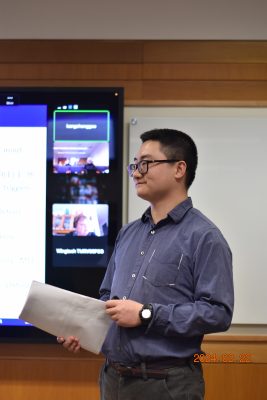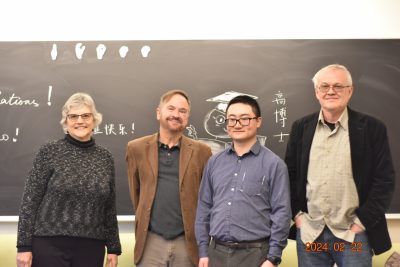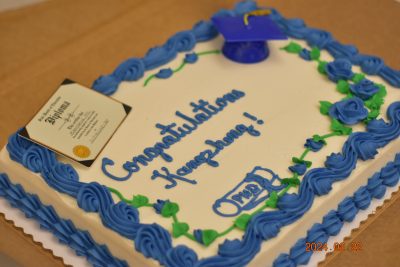The paper “Obviate me (not): Obviation effects in Serbian main and complement clauses” by Magdalena Kaufmann, Neda Todorović (PhD 2016, now at Reed College), and Ivana Jovović (PhD 2023, now at Central Connecticut University) has just appeared in Vol. 31 of the Journal of Slavic Linguistics as part of the special issue of papers from the 30th conference on Formal Approaches to Slavic Linguistics (FASL 30). The full paper can be accessed here.
Abstract: In Serbian, complements of directive and desiderative predicates can be finite clauses headed by da. da-clauses also serve as matrix clauses conveying directives or expressing wishes. Unlike subjunctive complements in Romance, Slovenian, or Hungarian, embedded da-clauses do not show obviation effects, i.e., they allow for coreference between matrix and embedded subject. However, overt embedded pronominal subjects are banned in this case. We argue that this ban is a reflex of obviative modality in a particular complement type and disambiguation towards this type by an overt subject. The obviative construction also underlies the directive or desiderative matrix da-clauses, where obviation surfaces as a restriction on what conversational participants the subject can refer to.


